[ad_1]
For a major artist like Kendrick Lamar, dropping a new album is an event in its own right—and where an artist chooses to do it can carry some weight. So when the L.A.-based rapper journeyed all the way to Accra, Ghana, for the release of 2022’s Mr. Morale & the Big Steppers, it raised a few eyebrows.
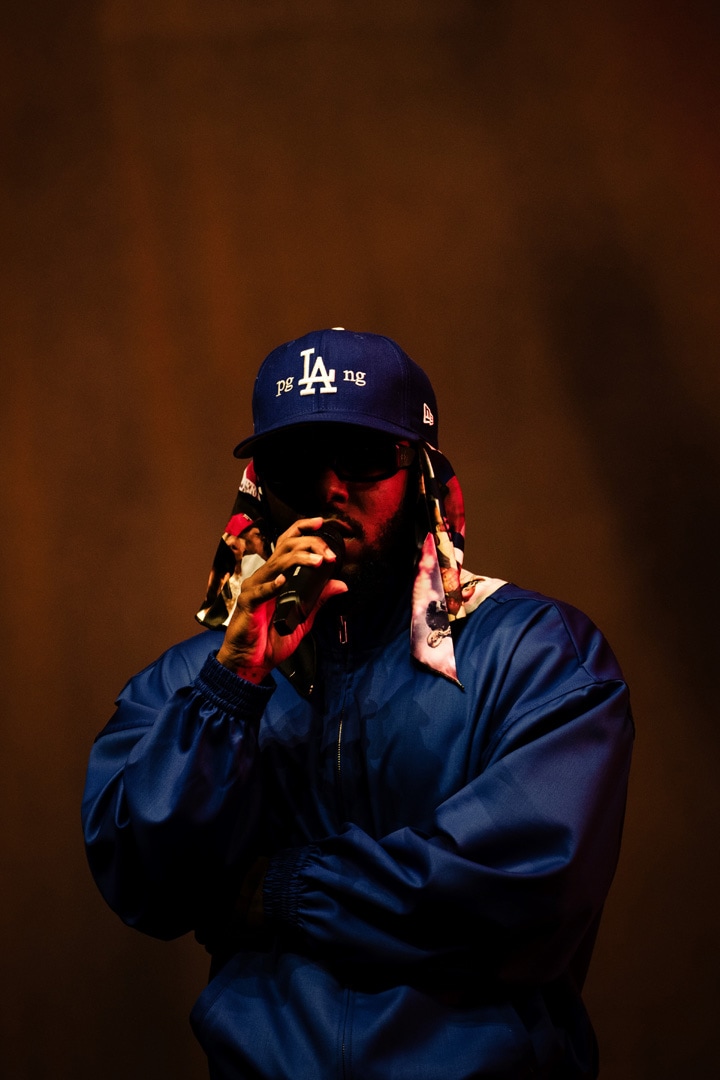
Kendrick Lamar [Photo: Greg Noire/courtesy Global Citizen]
Lamar, however, has made no secret of turning to Africa as a source of inspiration both personally and as a musician. For his first trip to Ghana, Lamar hosted a release party and filmed a short documentary with Spotify that took him around Accra, meeting locals and discussing the themes of the album.
Lamar is shining a spotlight on the continent for other musicians through a new partnership between his creative services company, pgLang, and Global Citizen, the international advocacy organization know for leveraging star power to put together blockbuster concerts that raise awareness and funds to end extreme poverty.
They’ve unveiled plans for Move Afrika, a concert series curated by pgLang that will take place across Africa with the aim of making the continent a viable option for the music touring circuit. The series kicked off in Kigali, Rwanda, last night, with a concert featuring local musicians, such as Tanzanian singer-songwriter Zuchu and Rwanda’s Bruce Melodie, and Lamar as the headliner.

Zuchu onstage at Move Afrika: Rwanda 2023. [Photo: Andrew Esiebo/Getty Images for Global Citizen]
In addition to giving a platform to local artists and being a conduit for bringing international musicians to Africa, Move Afrika’s mission is to create a variety of jobs within the ecosystem of touring, from lighting and sound engineers to dancers and choreographers. “You can’t alleviate poverty without job creation,” says Hugh Evans, CEO of Global Citizen. “As we think about the industries that need investment to enable youth to find jobs, it is arts, it is culture, it is tourism. It is the entertainment industry.”
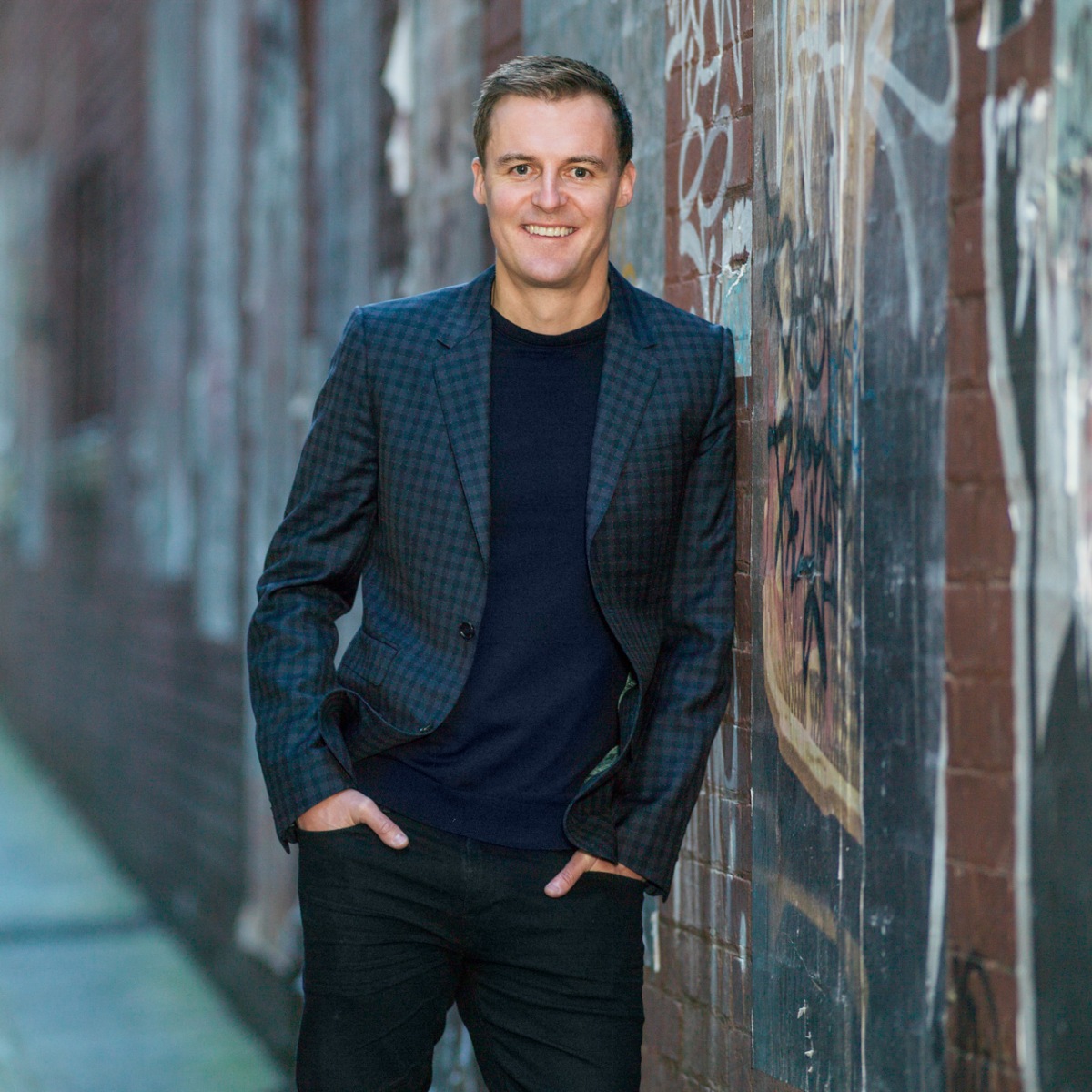
Hugh Evans [Photo: Global Citizen]
Move Afrika will pair live entertainment with on-the-job skill development and training and community advocacy. In partnership with the Rwanda Development Board, Kigali will be Move Afrika’s anchor city for the next five years with additional countries added to the tour schedule. The initiative is slated to expand to an additional five countries by 2025, with Nigeria, Botswana, Kenya, Ghana, and South Africa as likely destinations.
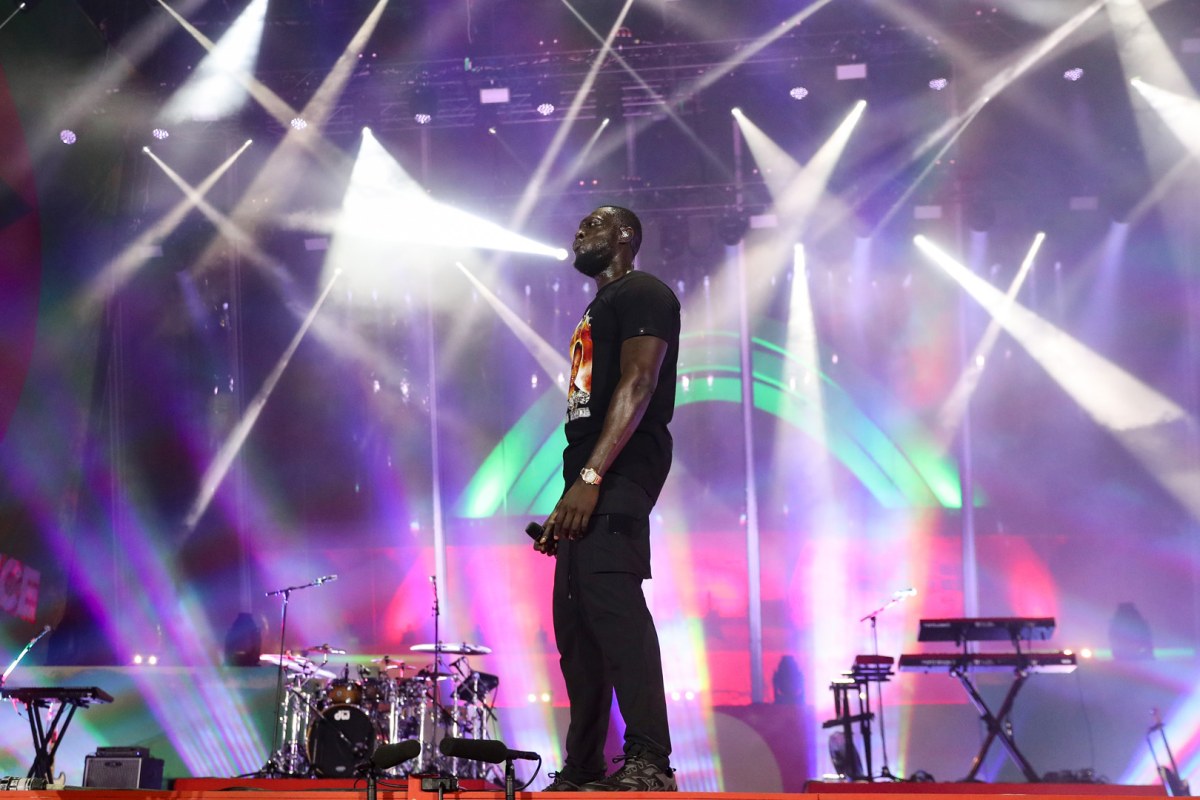
Stormzy, Global Citizen Festival 2022: Accra [Photo: Getty Images for Global Citizen]
The impact could be significant. Global Citizen’s 2022 festival in Accra, a day-long event that brought together international stars like Usher and SZA alongside local talents including R&B singer Gyakie and rapper Sarkodie, injected more than $15 million into the economy across production, hotels, security, transportation, and more. But to truly succeed, Move Afrika will need to deliver more than just occasional, one-off events.
“Entrepreneurs don’t thrive in environments where they don’t know what’s going happen next year,” Evans says. “So you have to be able to give predictability to those entrepreneurs and say we’re not just going create a thousand jobs and then be gone the next day.”

Dave Free [Photo: Nabil Elderkin/courtesy Global Citizen]
Also top of mind is presenting Africa as a desirable and feasible location for touring on the global stage. “[Touring musicians] go everywhere but Africa. It’s crazy when you think about it,” says Dave Free, Kendrick Lamar’s longtime creative collaborator and cofounder of pgLang. “We just want to be a version of the change. So we’re just taking a big swing.”
Putting Africa on the map
Africa’s relationship with the broader music industry has long felt lopsided.
The continent largely remains an exporter of genres (Afrobeat, highlife, amapiano) and artists (Tems, Wizkid, Burna Boy, Ayra Starr). But despite its thriving music scene, the continent remains stubbornly off the map of music tours. When major artists announce world tours, Africa is always a glaring omission. The oft-cited reason: a lack of proper infrastructure.
According to the World Bank, economic growth across Africa decelerated from 3.6% in 2022 to 2.5% in 2023 for a variety of reasons: inflation, an uncertain global economy, political unrest, climate change. In contrast to those numbers is a burgeoning work force: Over the next three decades Africa’s working age population has a projected net increase of 740 million people, which, as some have put it, makes investment in infrastructure across Africa “obligatory.”
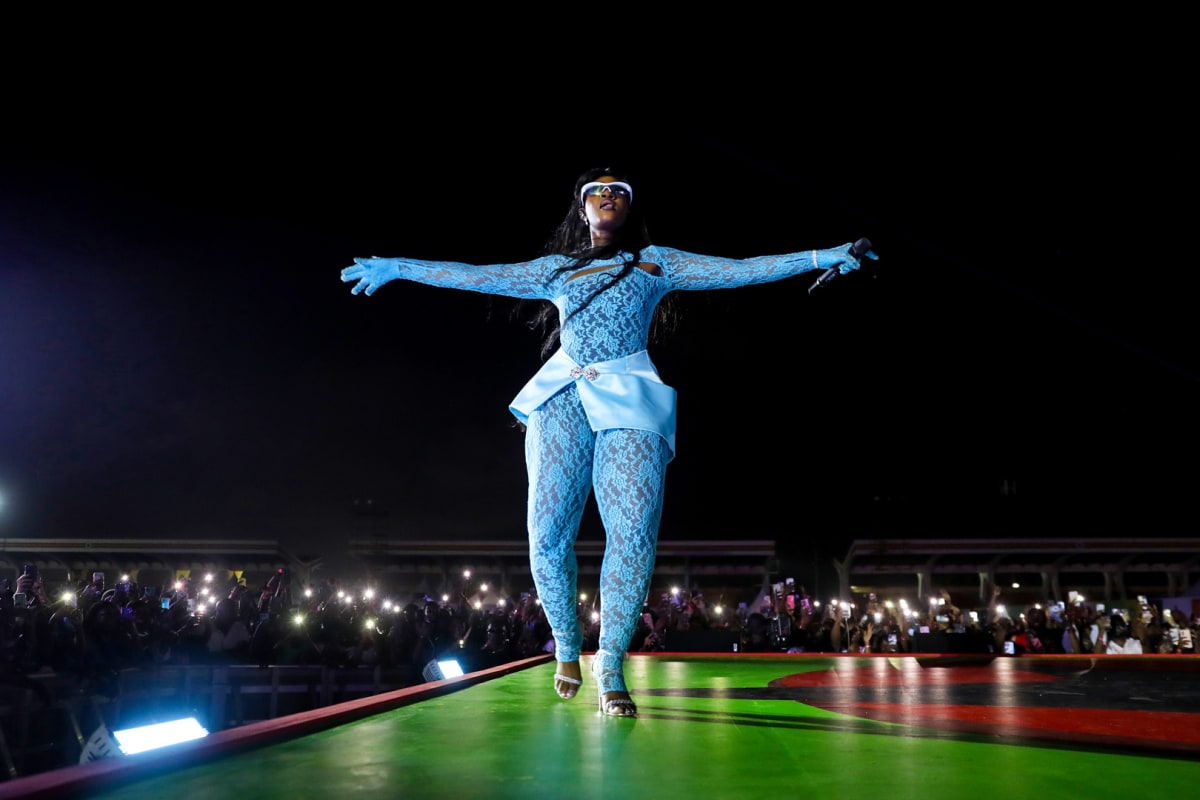
Tems, Global Citizen Festival 2022: Accra [Photo: Getty Images for Global Citizen]
A swelling workforce paired with the continent’s cultural cachet should help spur investment in the infrastructure necessary to support a lucrative music-touring circuit. Latin America offers a relatively recent case study in how a once-overlooked region set itself up to host the likes of Beyoncé, The Weeknd, Taylor Swift, and more. But Africa is also grappling with a perception issue.
“In America, if you are in our age group, you were brainwashed by the donate to Africa ads,” Free says. “And it’s just sad that it’s just this huge disconnection. So for us, [Move Afrika] felt like a way to reestablish roots in a smart way.”
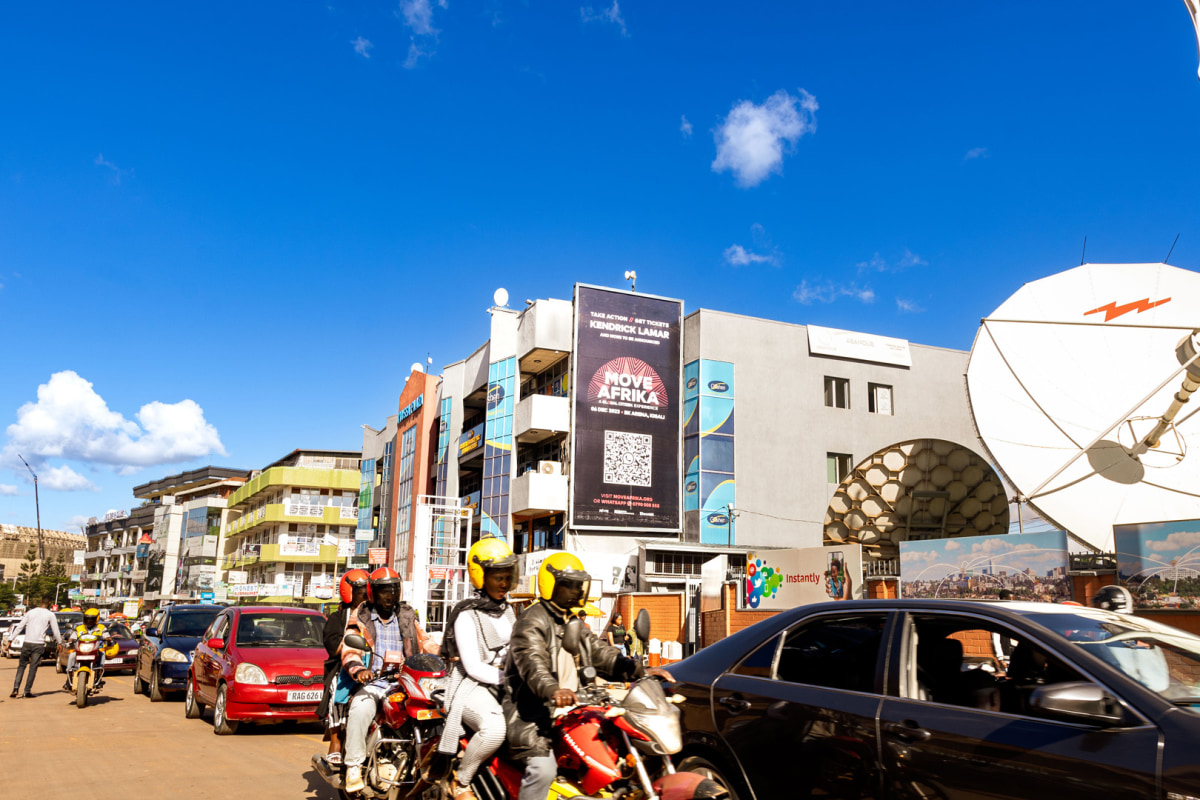
[Photo: courtesy Global Citizen]
There have been other efforts to bolster Africa’s position within the music industry in recent years. Universal Music Group and Warner Music Group have made several acquisitions of and investments in African companies and labels. On a more local level, Zimbabwe announced in 2022 its National Music Strategy, a bid to create a more robust music sector within the country.
Move Afrika stands to create even deeper inroads by having an artist like Kendrick Lamar attached. He’s closing out his current tour with the Move Afrika concert in Kigali and a final show in Pretoria, South Africa.
“It’s all about breaking the mold,” Free says. “Once people see that as doable, then you have more people like, well, I wanna do it, too.”
But Free is clear that Move Afrika will put local creatives and entrepreneurs at the center of its plans. “You can’t apply what works in the States there—you have to look at it like its own separate thing and be very respectful of what they need,” Free says. “And that’s our perspective: How do we come in and how do we use our resources? How do we become an open source platform?”
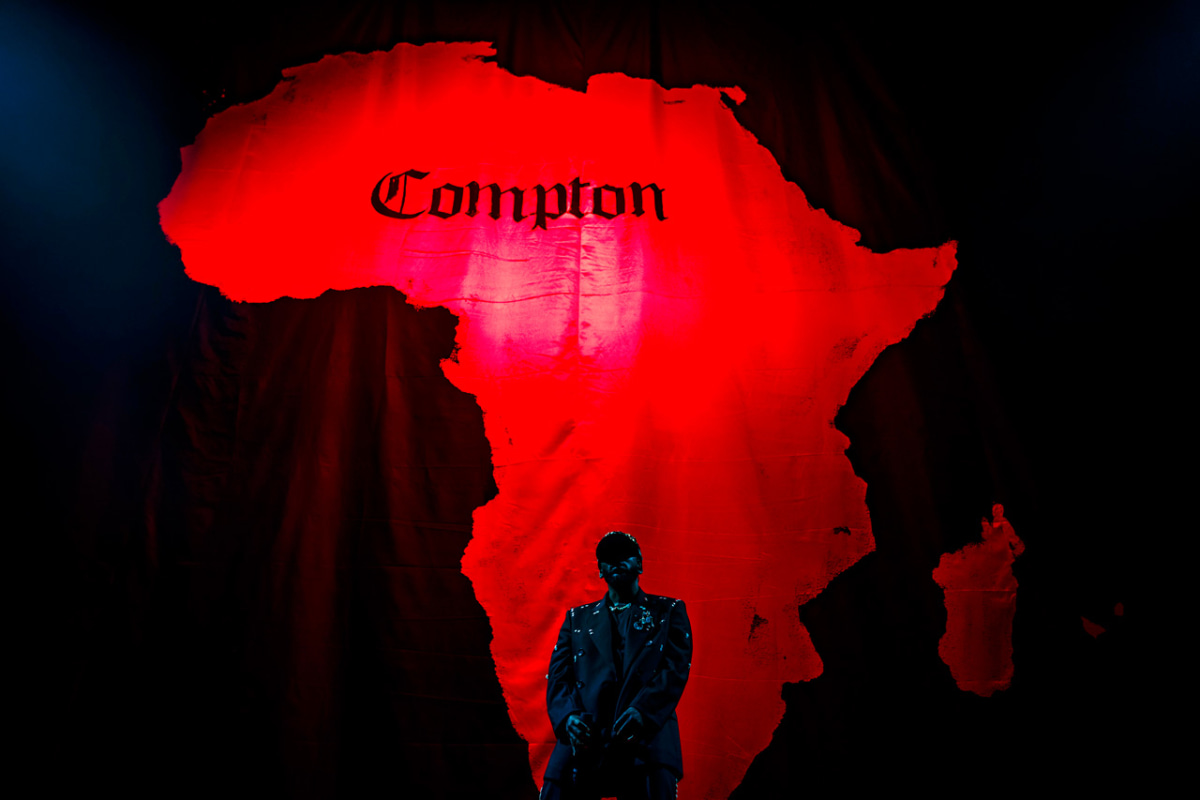
[Photo: Greg Noire/Global Citizen]
Move Afrika is a massive undertaking, and Global Citizen has mapped out a five-year plan to get it rolling. To Evans, that kind of commitment is essential.
“The continent has some of the world’s richest musical heritage and all-time greatest artists, yet the market remains largely untapped,” he says. “For all the creativity that we have on the planet—we literally have companies that create electric cars and can send rockets to the moon—why on earth have we not worked harder to crack this code?”
[ad_2]
Source link

